
35 Label The Parts Of The Skin Labels Design Ideas 2020
Integumentary System, skin structure — Quiz Information This is an online quiz called Integumentary System, skin structure You can use it as Integumentary System, skin structure practice, completely free to play.
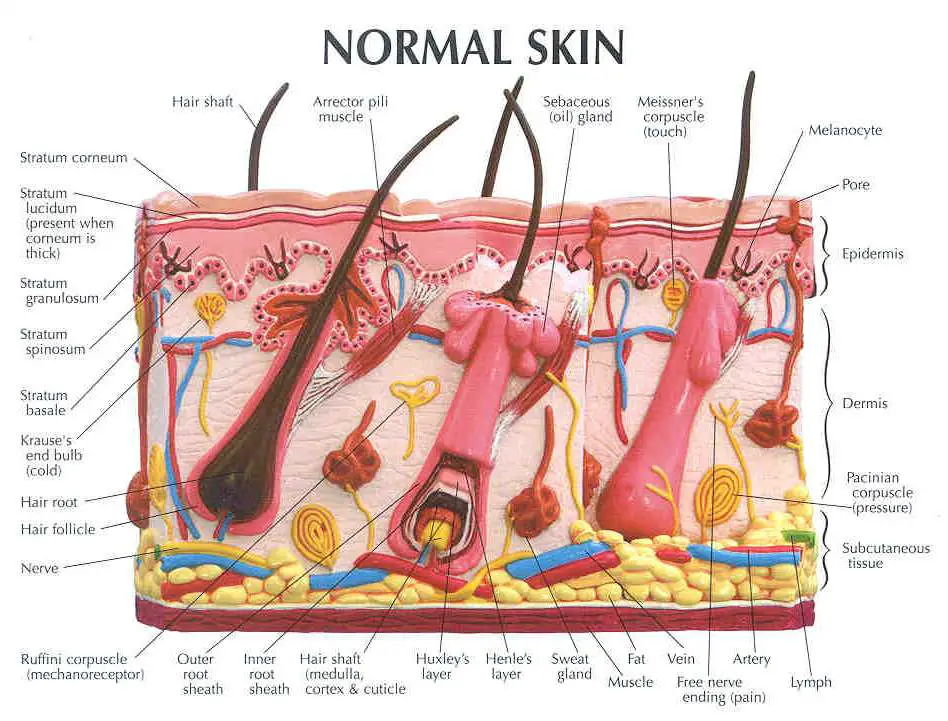
Skin diagram labeled
Your skin is your body's largest external organ. It provides a barrier between your body's essential organs, muscles, tissues, and skeletal system and the outside world.

Human Anatomy Diagrams To Label koibana.info Skin anatomy, Human
1/3 Synonyms: none This article will describe the anatomy and histology of the skin. Undoubtedly, the skin is the largest organ in the human body; literally covering you from head to toe. The organ constitutes almost 8-20% of body mass and has a surface area of approximately 1.6 to 1.8 m2, in an adult.
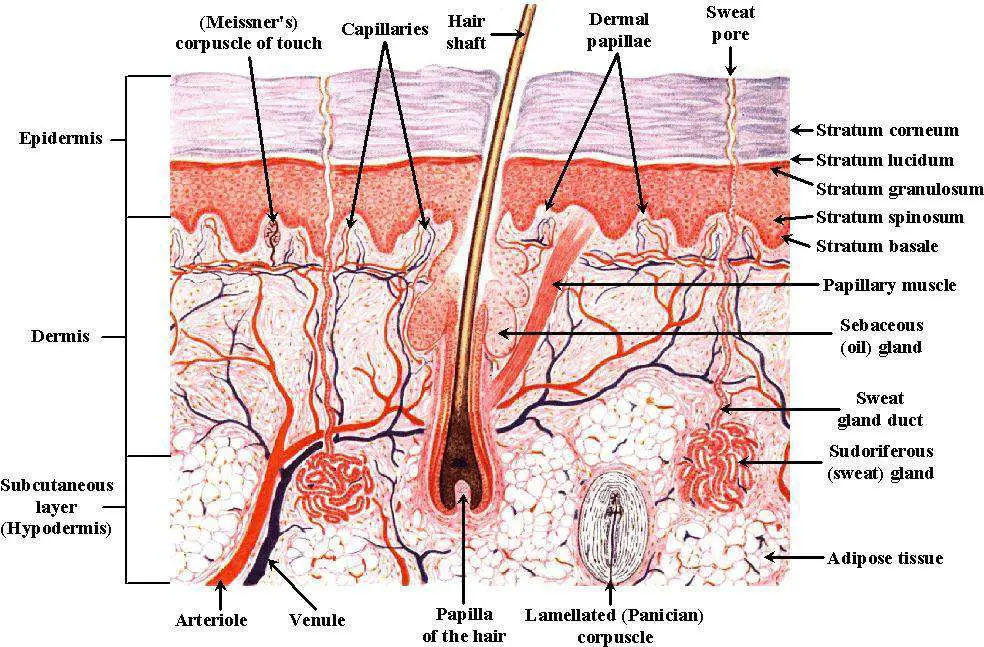
Skin diagram labeled
The skin is by far the largest organ of the human body, weighing about 10 pounds (4.5 kg) and measuring about 20 square feet (2 square meters) in surface area. It forms the outer covering for the entire body and protects the internal tissues from the external environment. The skin consists of two distinct layers: the epidermis and the dermis.
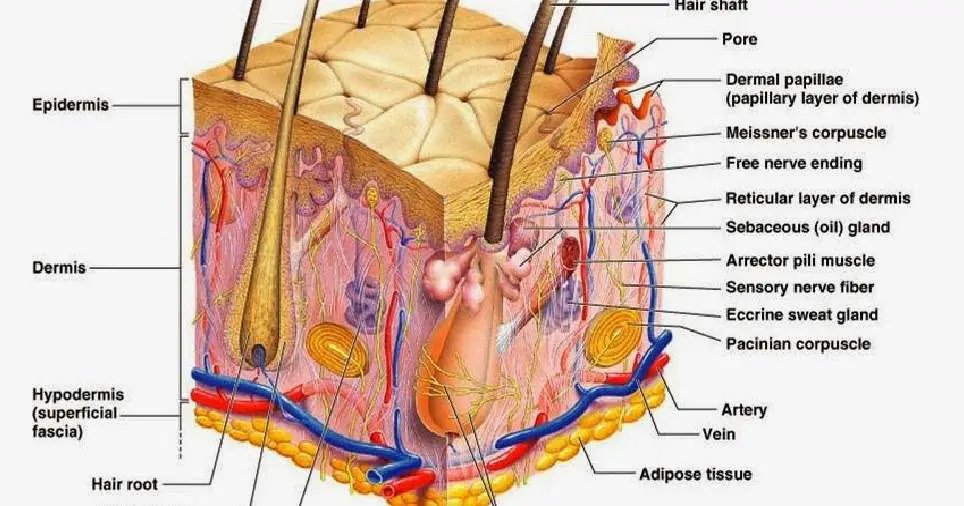
Skin diagram labeled
#skindiagram #skinanatomy #adimushowKnowledge of human skin is not only important for biology students but also for medical students. Here we expect to deliv.

35 Label The Skin Diagram Labels Database 2020
The skin keeps vital chemicals and nutrients in the body while providing a barrier against dangerous substances from entering the body and provides a shield from the harmful effects of ultraviolet radiation emitted by the sun.
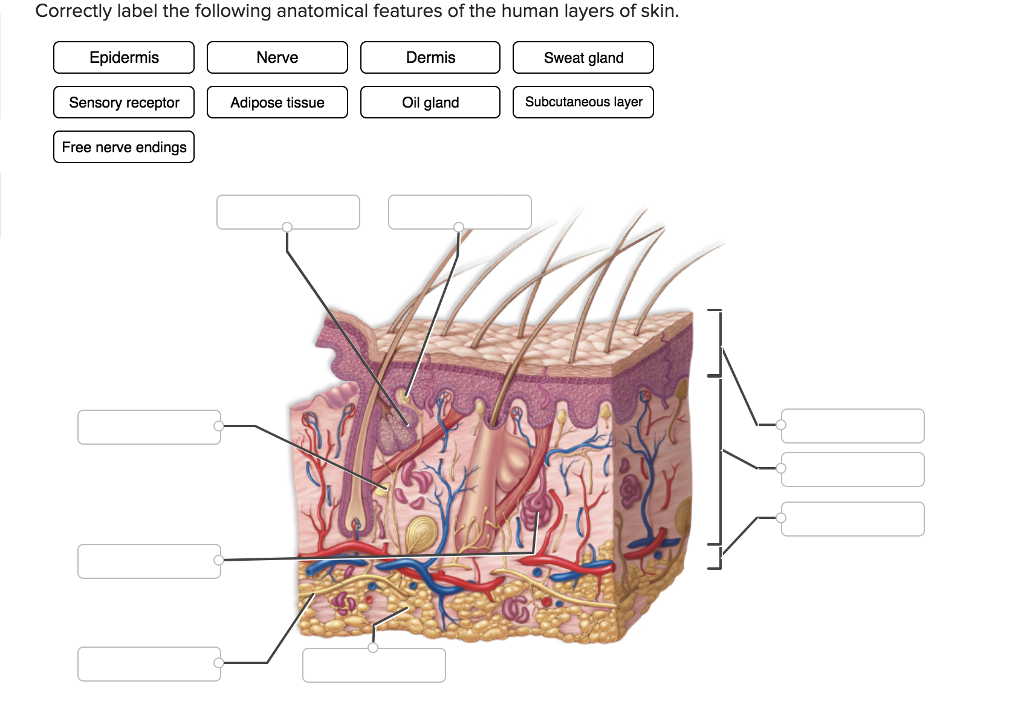
31 Label Of The Skin Labels Information List
The skin is the body's largest organ. It covers the entire body. It serves as a protective shield against heat, light, injury, and infection. The skin also: Regulates body temperature. Stores water and fat. Is a sensory organ. Prevents water loss. Prevents entry of bacteria.

KATMAN SCIENCE
Accessory structures of the skin include hair, nails, sweat glands, and sebaceous glands. These structures embryologically originate from the epidermis and can extend down through the dermis into the hypodermis. Hair. Hair is a keratinous filament growing out of the epidermis. It is primarily made of dead, keratinized cells.

labelled diagram of a skin
Identify and label figures in Turtle Diary's interactive online game, Skin Labeling! Drag the given words to the correct blanks to complete the labeling!
Skin diagram to label Labelled diagram
Skin Labeling by marthamae 228,937 plays 17 questions ~40 sec English 17p 109 3.87 (you: not rated) Tries Unlimited [?] Last Played December 6, 2023 - 05:41 PM There is a printable worksheet available for download here so you can take the quiz with pen and paper. From the quiz author Epidermis, Dermis, Hypodermis Remaining 0 Correct 0 Wrong 0
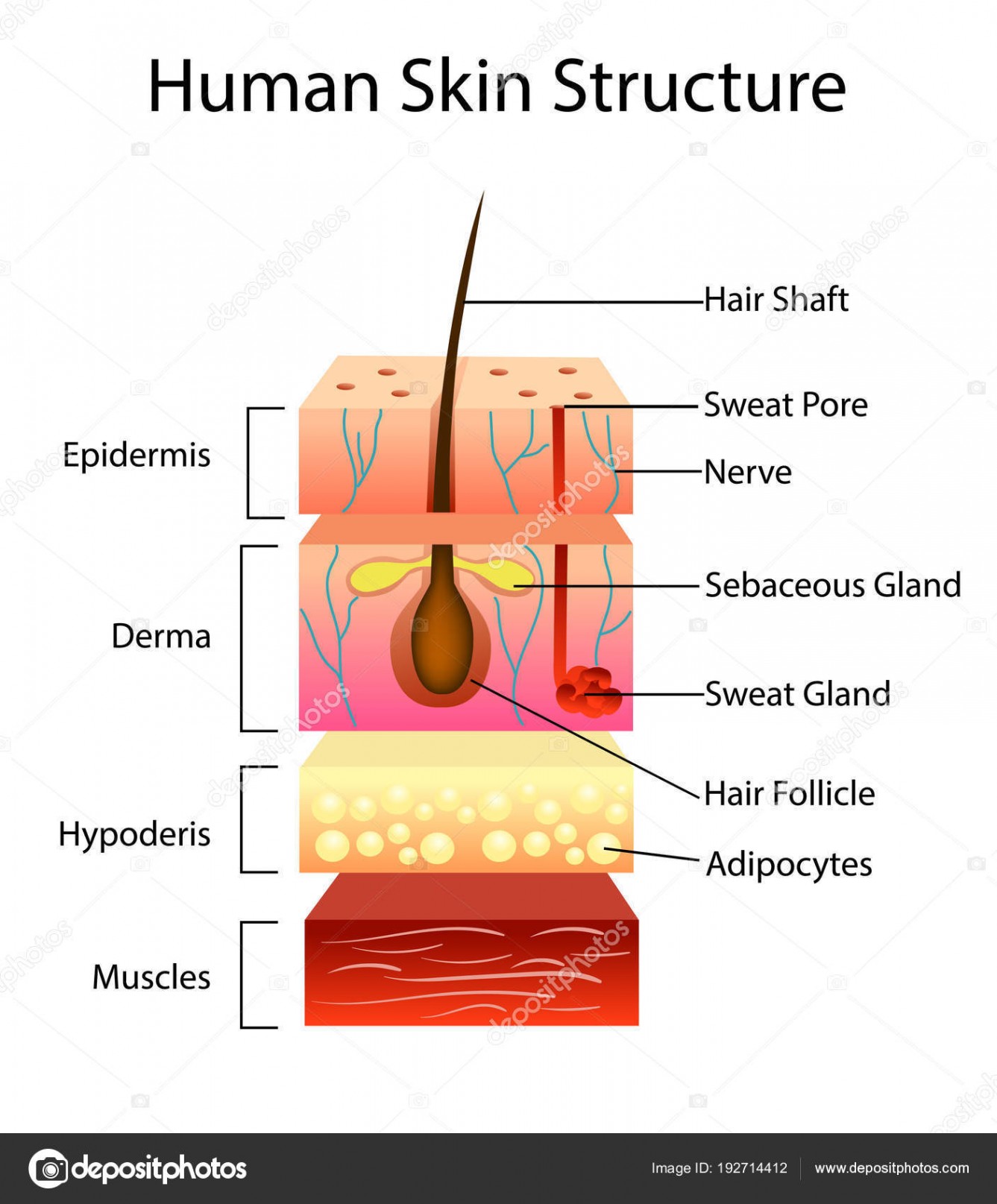
766 Diagram vector images at
Figure 5.1.1 - Layers of Skin: The skin is composed of two main layers: the epidermis, made of closely packed epithelial cells, and the dermis, made of dense, irregular connective tissue that houses blood vessels, hair follicles, sweat glands, and other structures.
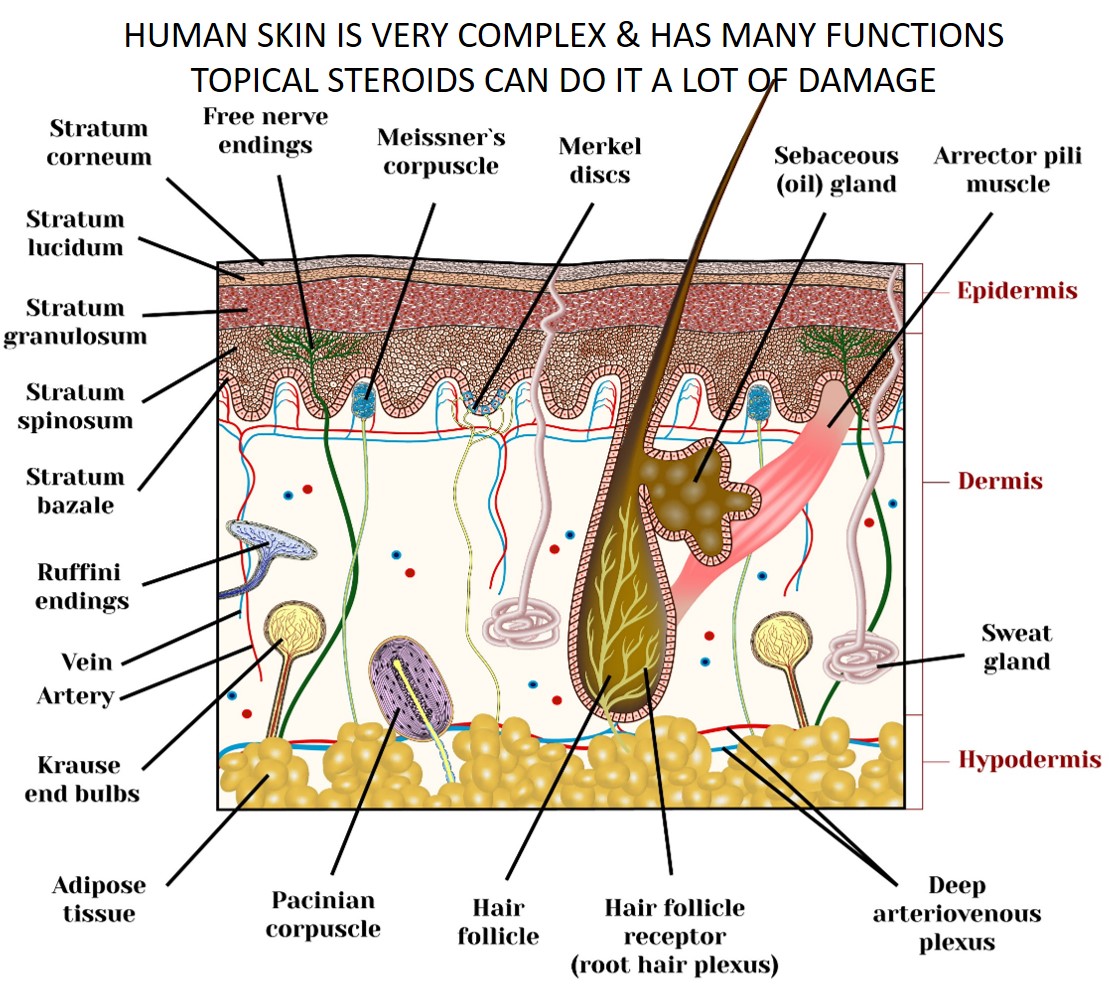
Skin Layers Diagram Labeled
Skin Diagram. The largest organ in the human body is the skin, covering a total area of about 1.8 square meters. The skin is tasked with protecting our body from external elements as well as microbes. The skin is also responsible for maintaining our body temperature - this was apparent in victims who were subjected to the medieval torture of.
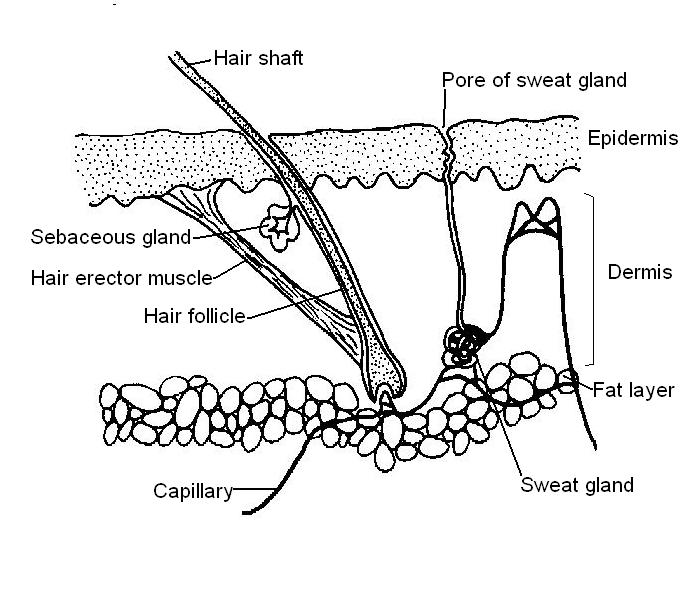
5.10 Skin Worksheet Answers Medicine LibreTexts
Figure 5.2 Layers of Skin The skin is composed of two main layers: the epidermis, made of closely packed epithelial cells, and the dermis, made of dense, irregular connective tissue that houses blood vessels, hair follicles, sweat glands, and other structures.

Private Label Skin Care Companies PRAVADA Private label skin care
Skin is the largest organ in the body and is quite complex. Its primary function is to act as a barrier against disease-causing pathogens (germs) and hostile environments. It also helps regulate body temperature and gathers sensory information from your environment. This article looks at the three main layers of skin and the layers within them.

Cross section anatomy of skin with labels on white background
The skin is composed of two main layers: the epidermis, made of closely packed epithelial cells, and the dermis, made of dense, irregular connective tissue that houses blood vessels, hair follicles, sweat glands, and other structures. Beneath the dermis lies the hypodermis, which is composed mainly of loose connective and fatty tissues.

31 Label The Skin Structures And Areas Indicated In The
Increases the surface area between the epidermis and dermis, providing oxygen and nutrients to the outermost layer. Location. Term. Nerve cells. Definition. Sense pressure/touch. Location. Start studying Layers of the skin: label. Learn vocabulary, terms, and more with flashcards, games, and other study tools.